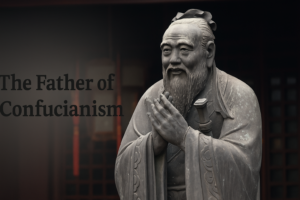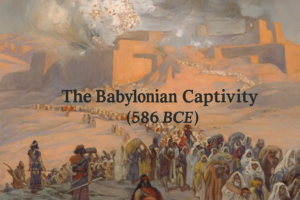The Four Noble Truths lie at the heart of the Buddha’s teachings, encompassing a profound perspective on human existence and a path towards liberation. This paper aims to provide a comprehensive analysis and expansion of the concepts encapsulated within the Four Noble Truths. By delving deeper into the categories of experience they represent, we will gain a clearer understanding of their significance and relevance to modern life.
Reframing the Four Noble Truths
Sariputta’s analogy of an elephant’s footprint containing the imprints of all animals underscores the all-encompassing nature of the Four Noble Truths. Rather than viewing them as mere beliefs, it is more insightful to regard them as fundamental categories of human experience. This shift in perspective is crucial, as it allows us to transcend the limitations of a fixed “self” and opens the door to a more profound comprehension of existence.
Replacing Stress with Understanding
The Four Noble Truths offer a paradigm shift from the struggle to maintain an illusory sense of self to a profound exploration of causality and skillful actions. The initial truth addresses the common human experience of stress and suffering, often criticized as pessimistic. However, this criticism fails to recognize that the first truth serves as a diagnostic tool. Much like a doctor inquiring about the location of pain, the Buddha sought to diagnose the root causes of suffering in order to provide an effective remedy.
A Therapeutic Approach to Existence
The Buddha’s approach to alleviating suffering mirrors that of a skilled physician. By addressing the root causes rather than merely treating symptoms, his teachings serve as a comprehensive therapy program. This approach inherently refutes the notion of pessimism attributed to Buddhism, as the Buddha’s ultimate goal was the complete recovery of his “patients” from the ailment of suffering.
Transcending Conventional Wisdom
Conventional wisdom often encourages a balance between positive and negative aspects of life, often negating the possibility of unbridled happiness. The Buddha, however, rejected this compromise and sought complete happiness for all. His teachings underscore the potential for genuine happiness and the human capacity to achieve it through diligent practice and transformative understanding.
Unveiling the Core Spiritual Quest
Critics occasionally accuse Buddhism of being excessively focused on suffering and pain, disregarding other significant spiritual concerns. Yet, the Buddha’s profound realization that understanding pain is central to the spiritual journey challenges this misconception. Delving into the realms of the subconscious mind through meditation reveals hidden processes, much like a naturalist studying wildlife near watering holes.
Exploring Interdependent Arising
The Buddha’s wisdom extends to the principle of interdependent arising, revealing the impermanent nature of all phenomena. By understanding the ever-changing nature of existence, individuals can break free from the cycle of rebirth and death. The concept of interdependence permeates life on every level, from biological growth to societal dynamics, offering a profound insight into the interconnectedness of all things.
Choosing to End Suffering
The Four Noble Truths offer a choice: to either continue in the cycle of suffering or embrace the path towards liberation. By accepting these truths, individuals gain the agency to end suffering at any point in their lives. This choice empowers individuals to embark on a transformative journey towards genuine happiness and freedom from the confines of ignorance and attachment.
Conclusion
The Four Noble Truths present a holistic framework for understanding the nature of existence and the path towards liberation. By reframing them as categories of experience and exploring their implications, we uncover the profound wisdom encapsulated within the Buddha’s teachings. These truths provide an invitation to choose understanding over ignorance, skillful actions over unskillful ones, and ultimately, liberation over suffering.







